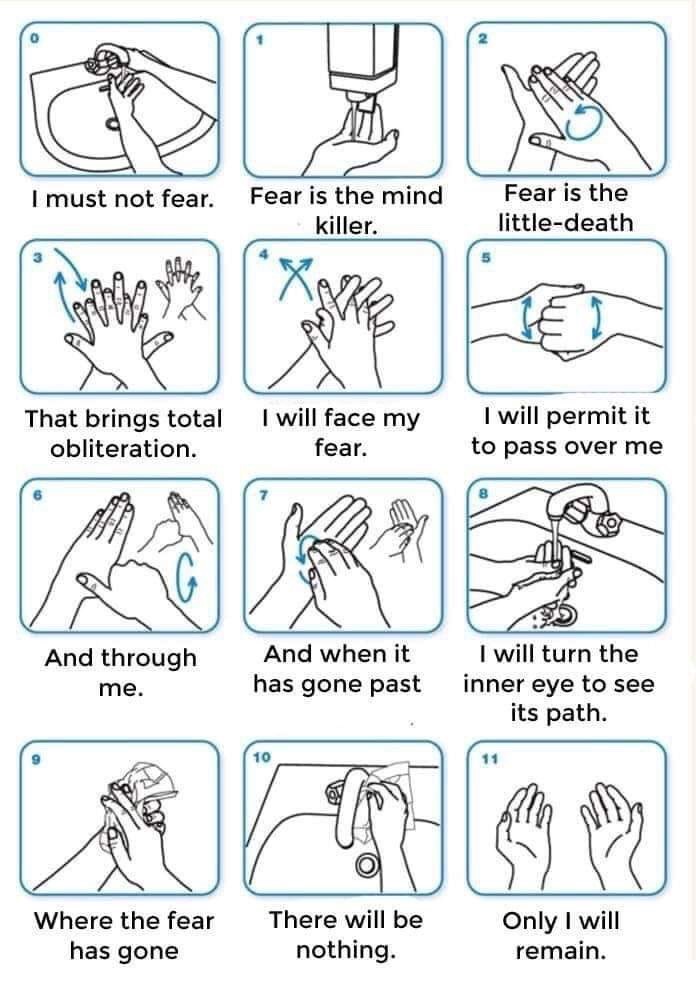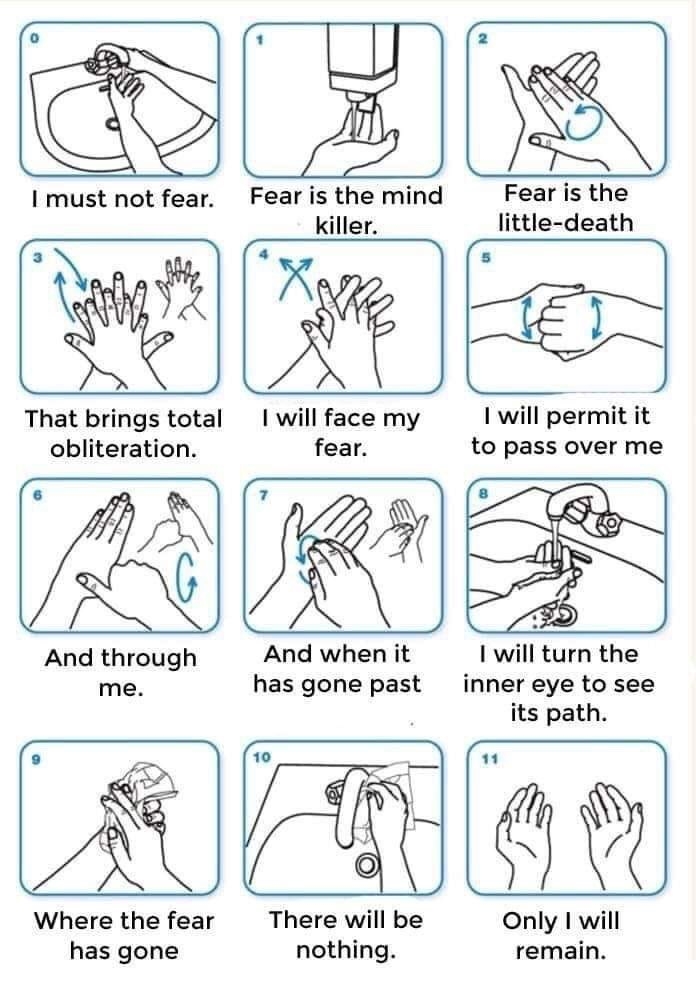Existential threats are plentiful in the modern age. Once upon a time, humans could count their threats on one hand. The threats of antiquity were tangible and easy to understand. Wild animals, poisonous lifeforms, a nearby village, and sharp rocks were the threats of the day.
In the modern era, we can indulge in the fear of losing all our wealth at the drop of a hat, a nuclear bomb dropping, a worldwide pandemic, and a multitude of other threats we read about in the news. I wonder what this is doing to human psychology.
Fear
Fear drenches our societies. It’s easy to find people claiming that society will crumble at any moment. These people claim that we are on the precipice of a complete societal breakdown. We watch television shows that illustrate doomsday scenarios and watch heroes struggle to stop them. We fear for our children’s future and hope that a climate disaster will not befall them and ourselves. We hope we stay alive even when we’ve made it halfway through our existence. Fear is the mind-killer.

Loathing
Hate is not helping anyone. People have gone off the deep end with rage about anything and everything. They believe that different people are a threat to their very existence. When people follow different philosophies, it is a cause for curiosity rather than anger and distrust. We would do well to adopt that philosophy.
Countries, as a collective, often have a deep-seated fear of other countries. People pit capitalism vs. communism, socialism vs. democracy, and think nationalism doesn’t lead to fascism. These fears of an alternative reality coming to replace us lead to irrational actions and eventually full-scale war. Our little village skirmishes are replaced with the deaths of millions of people, all because we felt another culture could not coexist with our own.
Curiosity is a much more beneficial state of mind than fear. Funny enough, we even fear curiosity because it killed the cat. I don’t know about you, but I haven’t seen a lot of cats dying from curiosity lately.
Big Problems
We humans face enormous problems of our own making. We have abstracted so many of our activities in the name of simplifying our lives. Many of us want to eliminate the need to worry about the outcome of our actions. Most likely because we have so many threats bouncing around in our minds that any abstraction is warmly welcomed.
Abstraction and simplification of everything is an extremist behavior. When we do not consider how our actions cn lead to a real threat to our existence, we do it at our own peril.
People spend billions to extract oil or gas to abstractly pay for pollutants that get us from point A to point B. As we hurl smoothly through the air with a giant hunk of metal, we don’t think of the real threat of dying in a car accident or causing our planet to heat and cool at extreme rates. We enjoy our music, roll our window down, and enjoy the sun and wind on our faces. Our big problems quickly melt away as we feel the freedom of the open road.
Conclusion
Hopefully, your heart rate isn’t elevated after reading, and thanks for stopping by. I wonder what the pressure of omnipresent threats is doing to us. I’ll be meditating with a mindful purpose to calm my mind and push the thoughts from my head. After all, I can’t stop global threats. I can only avoid being part of the problem.
Hopefully, we humans can learn the best ways to cope with globalism and the constant swirl of threats coming our way. Hopefully, we can come together and solve the big problems and sleep a little better at night.
